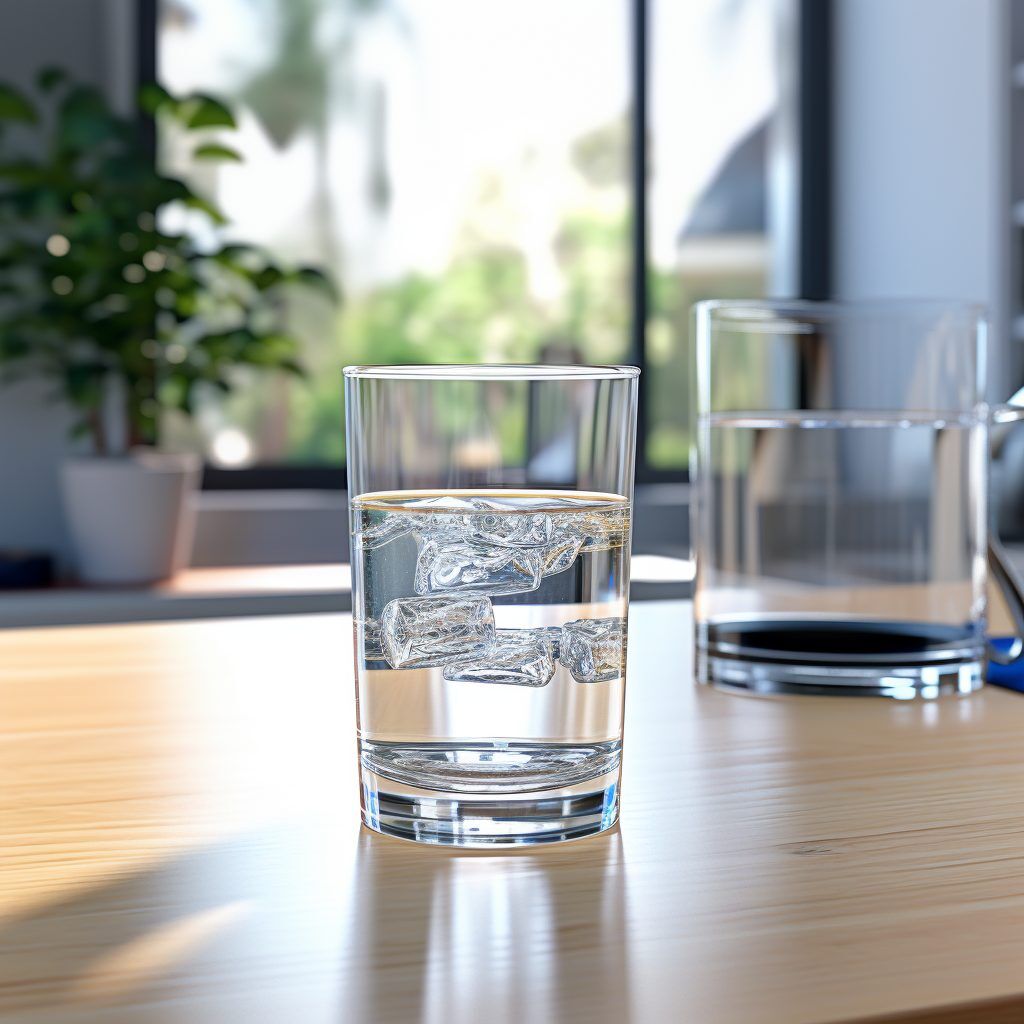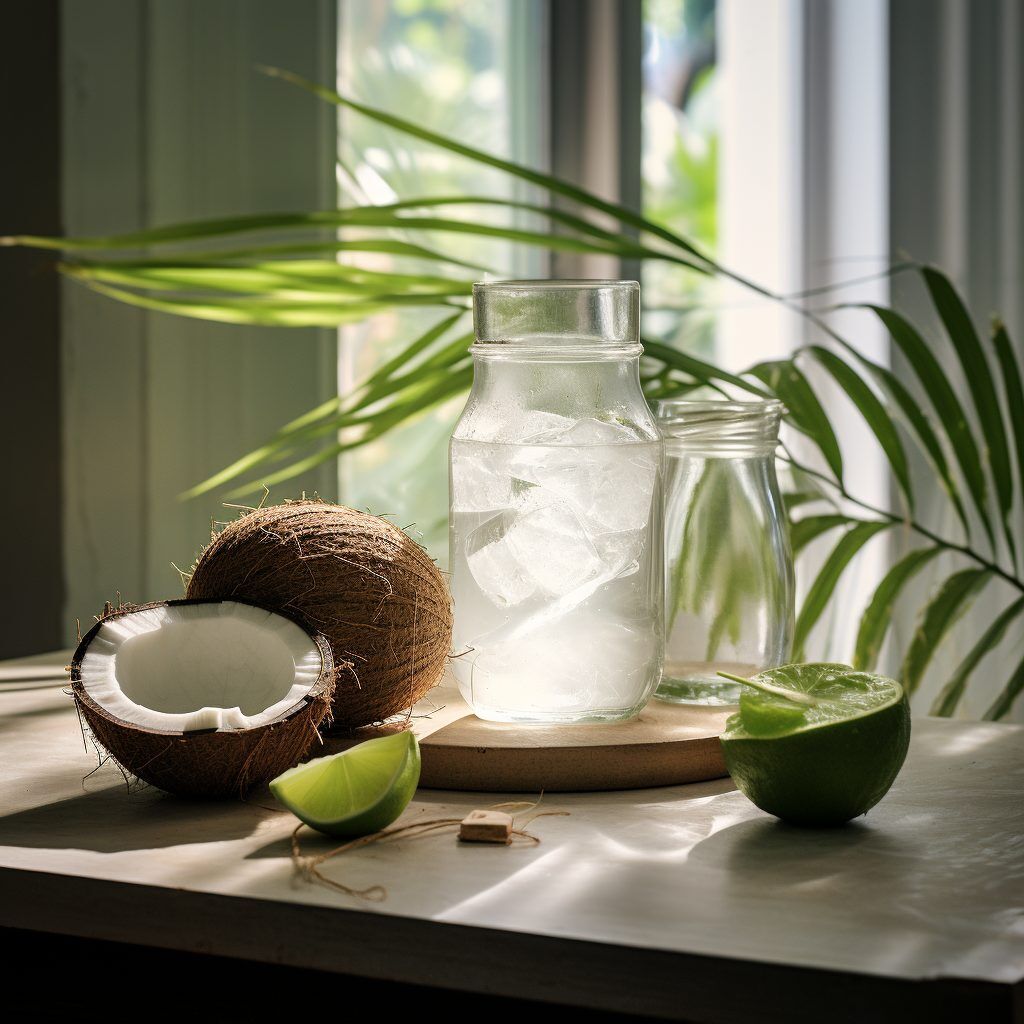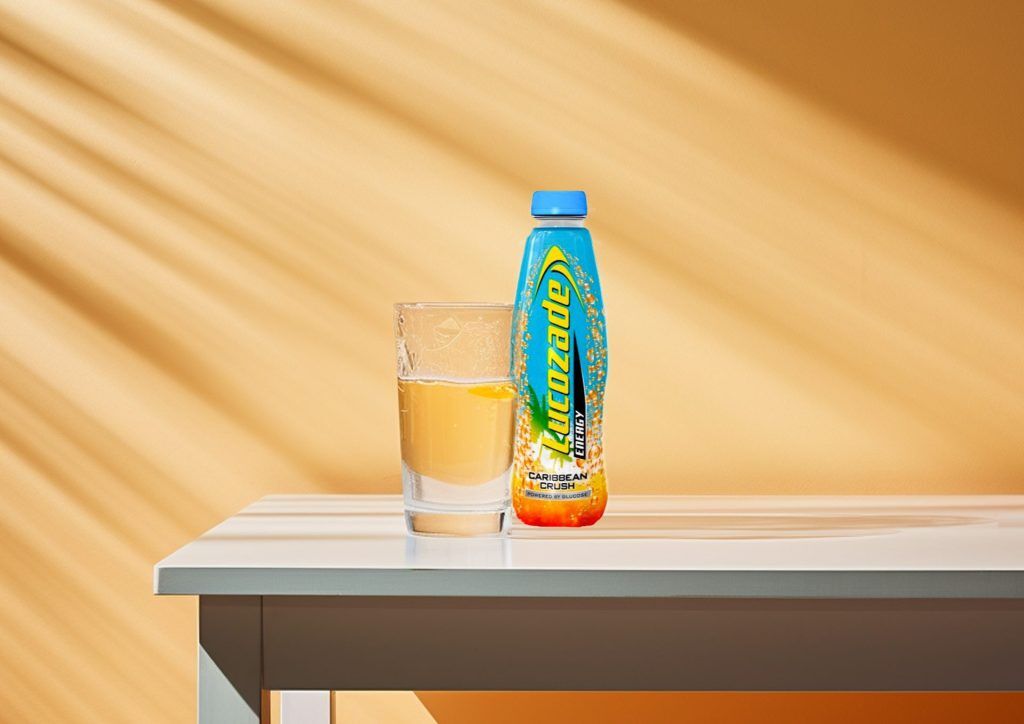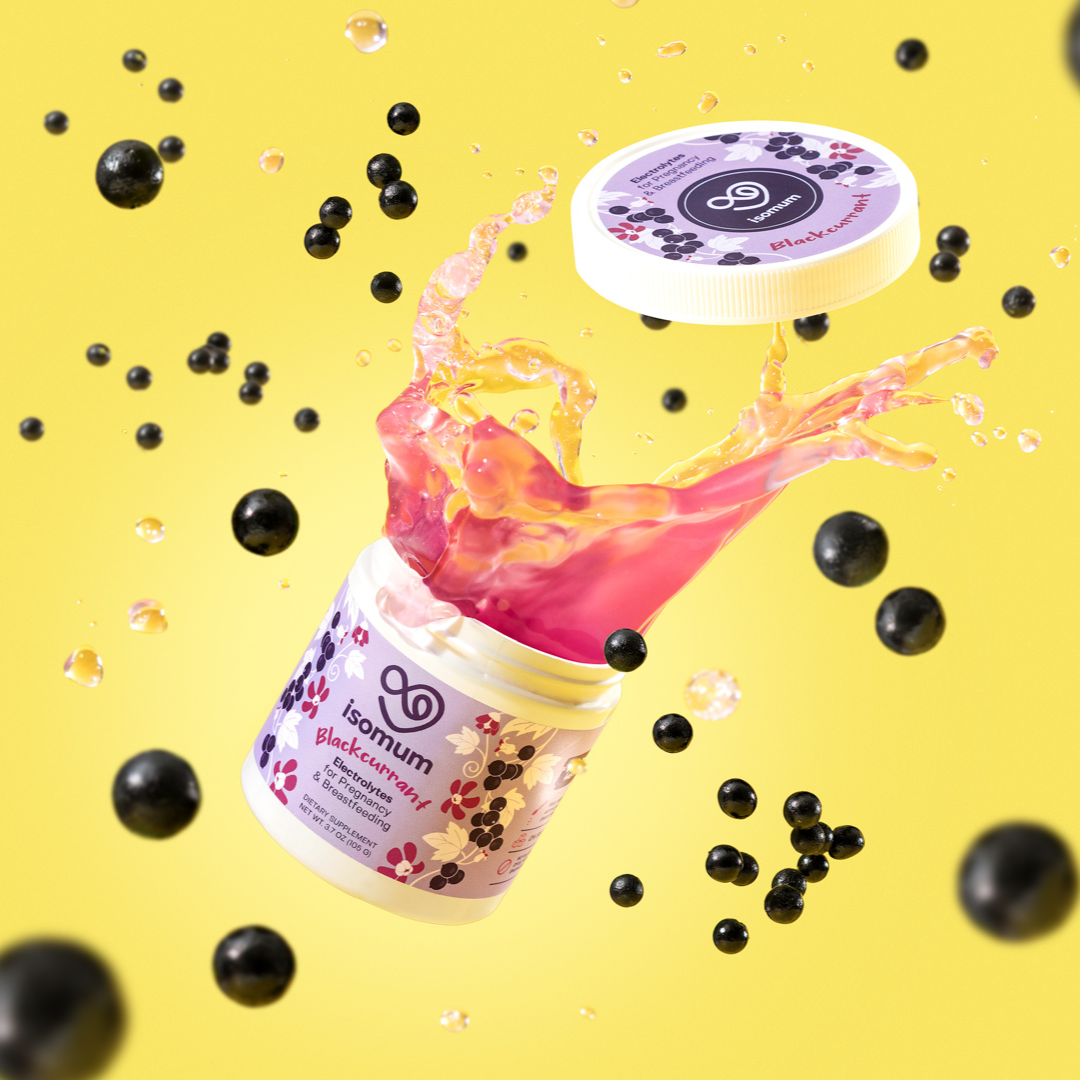Pregnancy is a transformative time in a woman’s life, full of new experiences and health considerations. One of the essential aspects of pregnancy health is maintaining proper hydration and electrolyte balance. Electrolytes—essential minerals like potassium, magnesium, chloride, zinc and vitamins, play a pivotal role in bodily functions such as muscle activity, fluid balance, and brain function. They are essential for basic life functioning such as maintaining electrical neutrality in cells and generating and conducting action potentials in the nerves and muscles. In this guide, we’ll assure you in the importance, safety and role of electrolytes during pregnancy, understanding safe electrolyte drinks, and cover potential risks.
Understanding the Role of Electrolytes in Pregnancy
Electrolytes regulate various bodily functions, making them vital during pregnancy. They contribute to aspects like muscle function, fluid balance, brain function, blood pressure regulation, digestion, fluid absorption, placenta health, and the health of the amniotic fluid, breast milk, and developing baby. Insufficient electrolyte levels during your pregnancy can lead to issues like hypernatremia, dehydration, constipation, and headaches. It’s crucial for you to understand their significance.
During pregnancy, it’s important to stay hydrated and maintain balanced electrolytes. Dehydration can occur if enough water isn’t consumed and electrolytes are lost through urine, sweat, and other bodily fluids.
The increase in demand on your body is a huge factor when you’re pregnant because you have a massive increase in your fluids keeping you and your baby safe.
Morning sickness, hormonal changes, and increased breathing rate during pregnancy can put women at a higher risk for dehydration or and imbalance of your electrolytes. Proper hydration doesn’t just mean consuming enough water but also getting enough electrolytes through food and drink. It’s important to maintain a healthy balance of both water and electrolytes for a healthy pregnancy.
Definition and Importance of Electrolytes

Electrolytes are minerals that carry an electric charge in bodily fluids such as blood, urine, and amniotic fluid. These minerals are fundamental for a range of bodily functions, from muscle activity, brain function, nerve pulse transmission to fluid balance (swollen ankles anyone?). Ensuring adequate electrolyte levels is crucial to prevent issues caused through dehydration and overhydration during pregnancy. Consuming too much water can also put you at risk as water is thought to flush electrolytes away and drinking things like tea and coffee (please don’t!) can also disrupt that electrolyte balance.
Are there any risks associated with taking electrolytes during pregnancy?
There are generally no risks associated with taking electrolytes during pregnancy, as long as they are consumed in moderation and are not in excess.
The added complication comes from the right type of delivery you receive it in (sports drinks/ energy drinks). If you also have added sugars, dyes and artificial additives and nasties you aren’t creating a clean environment for your baby- or you.
Also dodging that caffeine is a must!
How much electrolytes should a pregnant woman consume daily?
During pregnancy you should aim to consume at least 2-3 liters (8-12 cups) of fluids per day, including electrolytes, to stay properly hydrated. All drinks are different in their composition and it’s recommended to read the facts panel-percentage daily values (NRV* Nutritional Reference Value if you’re in UK or Europe) and to follow a daily guidance.
The Need for Extra Electrolytes during Pregnancy
During pregnancy, a woman’s blood volume increases by 45% to approximately, leading to a higher demand for electrolytes to maintain proper fluid balance. The developing baby also requires these minerals for growth. Symptoms like nausea, vomiting, and conditions like preeclampsia can disrupt electrolyte balance. It’s essential for pregnant women to ensure they’re well-hydrated and to monitor their electrolyte intake. Consultation with healthcare providers is crucial, as individual needs may vary.
Dehydration Symptoms in Pregnancy
Dehydration during pregnancy can lead to complications like preeclampsia. Signs to watch for include:
- Dark urine
- Constipation
- Headaches
- Fatigue
- Reduced urine output
Staying hydrated can help alleviate symptoms like morning sickness and leg cramps. Pregnant women should focus on drinking oral rehydration solutions, coconut water, fruit juices, herbal teas, and plain water, while minimizing high-sugar, caffeinated, or artificially sweetened drinks.
Different Types of Drinks: Electrolyte, Sports, and Energy Drinks
- Electrolyte Drinks: Formulated for hydration and balancing electrolytes without high sugar or stimulants.
- Sports Drinks: Designed for intense physical activity, might contain more sugars caffeine and additives.
- Energy Drinks: Not recommended for pregnant women due to high caffeine and sugar content.
Pregnant women should always check drink labels as it’s so important to know what’s in them. What is described might not be what you believe you’re getting. And the benefits aren’t tailored to pregnancy.

Safe Electrolyte Drinks for Pregnancy
Pregnant women should choose drinks labelled as pregnancy-safe. These drinks often contain essential electrolytes without high sugar, caffeine, or additives. Consumption should be moderated and complemented by a balanced diet.
DIY Homemade Electrolyte Drinks
You can make your own electrolyte drinks using ingredients like lemon, coconut water, herbal teas, and fruit juices. Homemade recipes should avoid high sugars and consult with healthcare providers for safe preparation.
Unsafe Electrolyte Drinks for Pregnancy
Some drinks might pose risks due to ingredients like:
- Excessive caffeine
- High glucose levels
- Artificial sweeteners
- Certain herbal supplements
You should exercise caution and prioritize drinks that promote health without potential risks and aim for ones that have been designed for you and your baby in mind.

Commercial Drinks to Avoid
Pregnant women should avoid commercially available energy drinks, as they often contain high levels of caffeine, sugar, and artificial ingredients. These drinks can have adverse effects on pregnancy health, including high blood pressure, preeclampsia, dehydration, electrolyte imbalance, constipation, nausea, vomiting, headaches, and other health issues. Certain electrolyte drinks marketed for sports hydration may not be suitable for pregnant women, as they may contain high levels of artificial additives. Pregnant women should be cautious of electrolyte drinks with added herbal supplements, as their effects on pregnancy health are not well understood. Flavored electrolyte drinks, especially those with artificial fruit juices, should be avoided, as they may contain high levels of sugars and artificial additives. You should also be cautious of electrolyte drinks with high levels of electrolyte imbalances, such as high potassium levels, as they may be harmful to pregnancy health.
Ingredients that Make Some Drinks Unsafe
Electrolyte drinks with high levels of artificial sweeteners, such as diet versions of sports drinks (or even sodas), are not good for pregnancy, as some sweeteners have been linked to health issues with the babies microbiome when developing. It is essential for pregnant women to avoid electrolyte drinks high in sodium, as high sodium intake can lead to water retention, high blood pressure, preeclampsia, dehydration, electrolyte imbalance, constipation, nausea, vomiting, headaches, and other health issues. Pregnant women should also avoid electrolyte drinks high in herbal supplements, as their effects on pregnancy health are not well understood.
Role of Food in Providing Electrolytes
Apart from drinks, foods can be excellent sources of essential electrolytes:
- Bananas: Rich in potassium.
- Leafy Greens (spinach, kale): Sources of magnesium, calcium, and potassium.
- Coconut Water: A natural drink rich in essential minerals.
- Citrus Fruits: Packed with potassium, magnesium, and calcium.
Incorporating these foods can help maintain optimal electrolyte balance and overall health.
Recipes Packed with Electrolytes for Pregnant Women
- Electrolyte Smoothie: Blend coconut water, berries, Isomum’s electrolyte powder, and essential minerals.
- Electrolyte-rich Fruit Salad: Combine watermelon, oranges, and coconut with a scoop of our electrolyte drink powder.
- Homemade Lemonade: Mix Isomum, lemon juice, water, and a touch of honey.
- Electrolyte Water: Combine plain water, Isomum, and fruit slices.
- Electrolyte Smoothie Bowl: Blend coconut water, Isomum, fruits, and essential minerals.
These recipes aim to provide pregnant women with hydration, electrolytes, essential minerals, and nutrition to support placenta health, amniotic fluid health, breast milk health, and the health of the developing baby.
Individual needs may vary but as a golden rule it’s always best to get the cleanest taking into account sugar levels, artificial sweeteners and dyes.
Are Sports Drinks a Good Substitute for Electrolyte Drinks During Pregnancy?
What is in your sports drink?
Done right, sports drinks can provide hydration and essential electrolytes. However, pregnant women should weigh the pros and cons before considering them. There’s plenty of information online that delves into the problems faced with the added ingredients and most drinks aren’t developed with pregnancy and the baby in mind. Also, water should be used as a primary source of hydration. Your body managing the water effectively in your body is the key function of electrolytes.
Electrolytes support or relieve other complications and help with feeling more comfortable along with managing water retention.
Adding ‘other ingredients’ into your body isn’t really the aim if you are looking to focus on your electrolyte intake/ management.
A huge bonus of electrolytes is an increase in energy levels including the ability to focus. Sugar can do that too- but spikes your blood glucose levels which is associated with gestational diabetes. Managing your sugar intake when you are pregnant is very important.

Pros and Cons of Sports Drinks in Pregnancy
Pros: Sports drinks can maintain hydration, electrolyte balance, and muscle function. They are especially convenient for those who engage in moderate to high-intensity exercise. There is an increase in sugar and can spike your blood sugars sufficiently enough in order to ease some problems.
Cons: Many sports drinks have high glucose levels, which can cause blood sugar spikes. It’s essential to read the nutrition labels and be wary of high levels of dyes additives and glucose. The dyes involved along with some pretty heavy weight additives can cruelly take away it being a choice for good and relegate them to being something that shouldn’t be used within a routine.
Electrolytes and Maternal Well-being
Electrolytes play a pivotal role in supporting overall maternal health during pregnancy. They aid in hydration, muscle function, blood volume regulation, brain function, and more. Proper electrolyte balance is crucial, and pregnant women should be aware of signs from dehydration such as leg cramps, and headaches.
How can Electrolytes Contribute to Overall Maternal Health?
Electrolytes, including potassium, magnesium, zinc and essential vitamins are vital for various bodily functions. Consuming electrolyte drinks, fruits, and electrolyte-rich foods can help ensure these essential nutrients are adequately supplied during pregnancy.
Conclusion
Maintaining proper electrolyte balance during pregnancy is vital for the health of both the mother and baby. While some drinks on the market are beneficial, it’s crucial to avoid those with harmful ingredients or excessive sugars. Always consult with a healthcare provider before making dietary changes and prioritize the well-being of both you and your child.


